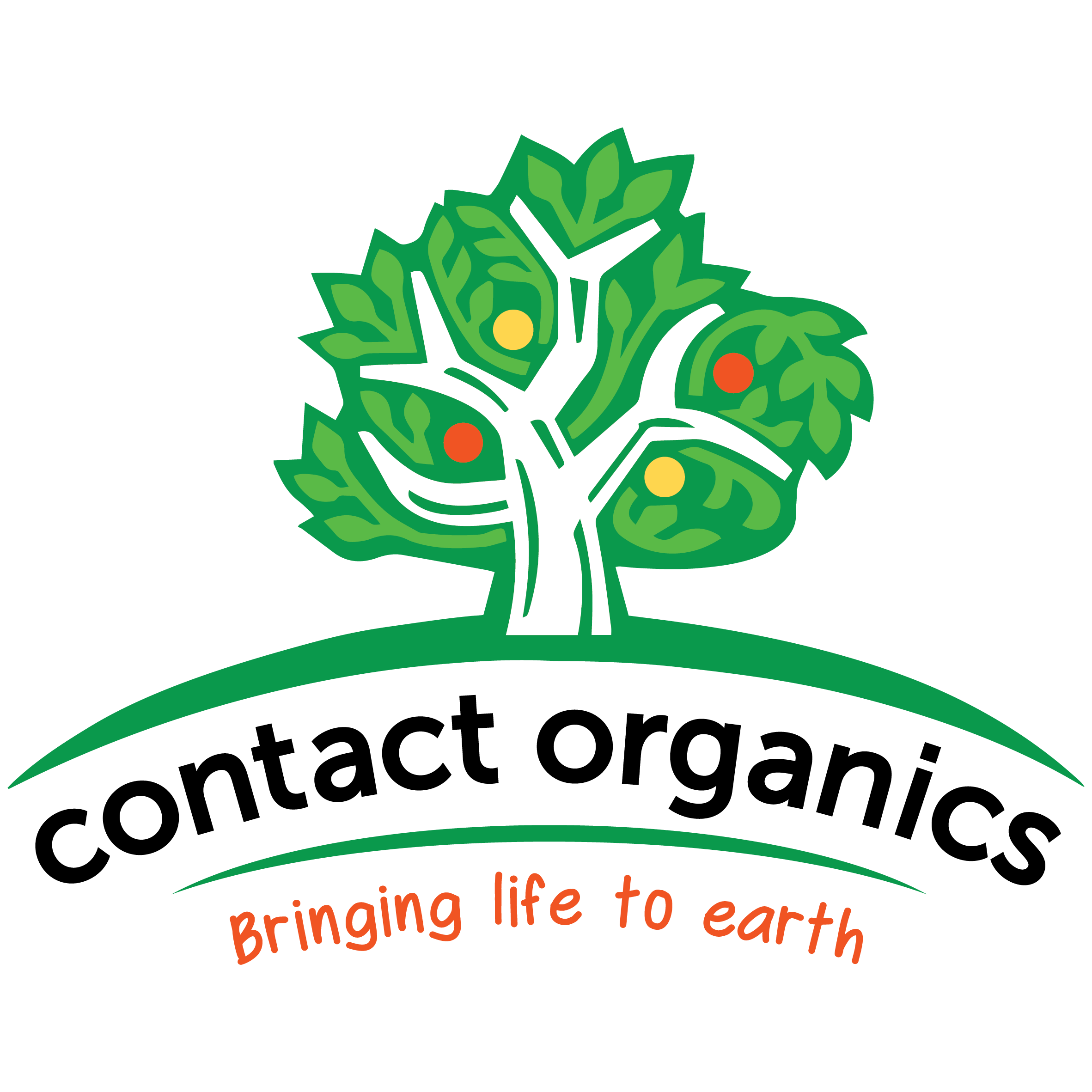Advisory Board
The advisory board has been established to provide strategic and technical advice to the Contact Organics Board. It will guide Contact Organics’ R&D as well as its international business development with a particular focus on the US and regenerative farming markets. The Advisory Board is assembled by an outstanding team of world-renowned regenerative farming experts, leading scientific advisors, experienced business leaders, and environmental educators.
Regenerative Farming Advisory Board
Gabe Brown
Gabe Brown is a leading regenerative farming pioneer of the current soil health movement which focuses on the regeneration of our resources. Gabe has been named one of the twenty-five most influential agricultural leaders in the United States. He recently authored the book, “Dirt to Soil, One Family’s Journey into Regenerative Agriculture.” Gabe presented at Tedx Talks https://youtu.be/QfTZ0rnowcc and WWF International https://youtu.be/N_NtNyvOyRM. He is a partner in Understanding Ag LLC and an instructor for Soil Health Academy, which focuses on teaching others the power and importance of healthy functioning ecosystems.
Ray Archuleta
Ray Archuleta is a Certified Professional Soil Scientist with the Soil Science Society of America and has over
30 years experience as a Soil Conservationist, Water Quality Specialist, Conservation Agronomist with the
Natural Resources Conservation Service. Ray founded Understanding Ag, LLC, and Soil Health Academy, to
teach Biomimicry strategies and Agroecology principles for improving soil function on a national scale.
Dave Schwartz
Dave Schwartz is the Executive Vice-President of Sales at Verdesian Life Science. He is also the co-owner of
Independent Inputs a Distribution Partner of Pioneer Seed Distributing Soybean Seed Treatments and seed
treating equipment to 1250 Pioneer Seed Dealers in the US since 2006. He advises Contact Organics on
business development, sales and distribution channels in the US agricultural input markets.
Scientific Advisory Board
Don M. Huber Ph.D
Don M. Huber Ph.D. is the Emeritus Professor of Plant Pathology Purdue University. Dr Huber’s agricultural
research has focused on the epidemiology and control of soilborne plant pathogens with emphasis on
microbial ecology, cultural and biological controls, nutrient-disease interactions, pesticide-disease
interactions, physiology of host-parasite relationships and techniques for rapid microbial identification. Dr.
Huber is a past Chairman of the USDA-APS National Plant Disease Recovery System; a member of the US
Threat Pathogens Committee; former member of the Advisory Board for the Office of Technology
Assessment, U.S. Congress; and Global Epidemiology and Quadripartite Medical Working Groups of the
Office of the US Surgeon General (OTSG). He is author or co-author of over 300 journal articles, Experiment
Station Bulletins, book chapters and review articles; six books, and 84 special invited publications; and an
active scientific reviewer; speaker; consultant to academia, industry, and government; and international
research co-operator.
Robert Kremer Ph.D.
Robert Kremer Ph.D. is an adjunct professor of soil science in both the Division of Plant Science and the
School of Natural Resources. He retired in July 2014 from USDA-ARS after serving as a research
microbiologist for 32 years with the Cropping Systems and Water Quality research unit in Columbia, MO.
Specific research interests include assessment of microorganisms and insects for biological weed control
and integration of these organisms with cultural practices such as cover cropping and allelopathy; dynamics
of weed seeds in soils and interactions with soil microorganisms; weed seedling ecology and pesticide fates
in soil; and impacts of transgenic crops on soil ecology and biological processes. He teaches Environmental
Soil Microbiology and co-teaches Advanced Weed Science and Advanced Sustainable Agriculture.
Reid Smeda Ph.D.
Reid Smeda Ph.D. is the Professor Plant Science & Technology, University of Missouri. Dr. Smeda’s research
focuses on: Development of alternative weed management systems for corn, soybean and vegetables.
Identification of resistance mechanisms in herbicide-resistant weeds. Biology and control of invasive weeds
in roadside and other non-crop areas. He teaches Principles of Weed Science and co-instructs a graduate
course on Weed Science Research Principles and Techniques. He also serves as the Director for
Undergraduate Programs in the Division of Plant Sciences. As the education coordinator for the National
Railroad Contractors Association, Dr. Smeda arranges annual training for a pesticide certification exams. Dr.
Smeda joined MIPN's board in October of 2017.
Environmental, Communication, Education Advisory Board
Kelly Ryerson
Kelly Ryerson is an environmental health writer, speaker, and public health advocate who works at the
intersection of pesticides, nutrition and health. After alleviating her own chronic illness by eating a glutenfree
and organic diet, she realized that agricultural chemicals were at the core of the explosion in chronic
disease in the United States. Currently writing on her website Glyphosate Girl, Ms Ryerson previously
worked in investment banking, private equity, and NASA technology commercialization. She has a BA from
Dartmouth College, an MBA from the Stanford Graduate School of Business, and completed training in
integrative health coaching at Duke Integrative Medicine.
Kathleen Hallal
Kathleen Hallal became aware of the serious dangers that toxic chemical exposures pose in the
environment when her children were young. For over a decade, she has been guiding community efforts to
eliminate toxic pesticide exposures in public spaces. She spearheaded the adoption of Irvine, CA’s Organic
City Policy with the support of scientists and medical professionals. She served as Head of Climate and the
Environment on the Mayor’s Advisory Council, and she was a recipient of the CA State EPA Department of
Pesticide Regulation IPM award for Irvine’s successful program. Ms. Hallal is an Accredited Organic Land
Care Professional (AOLCP) by the Northeast Organic Farming Association, and her focus is on methods that
support soil health. She is an original co-founder of Non Toxic Communities. Kathleen earned her M.A. from
the University of Southern California.

 Australia
Australia New Zealand
New Zealand 日本語
日本語